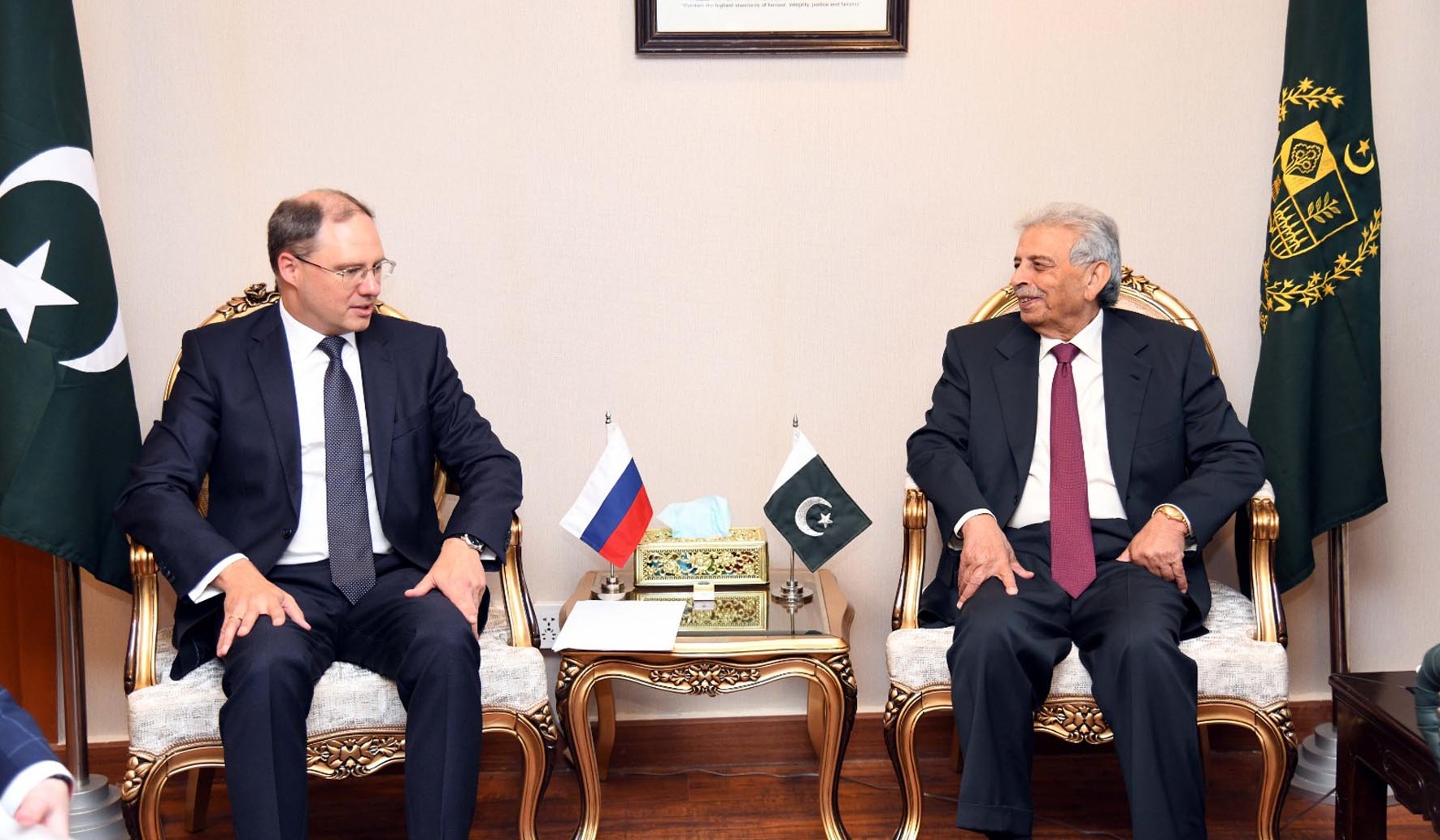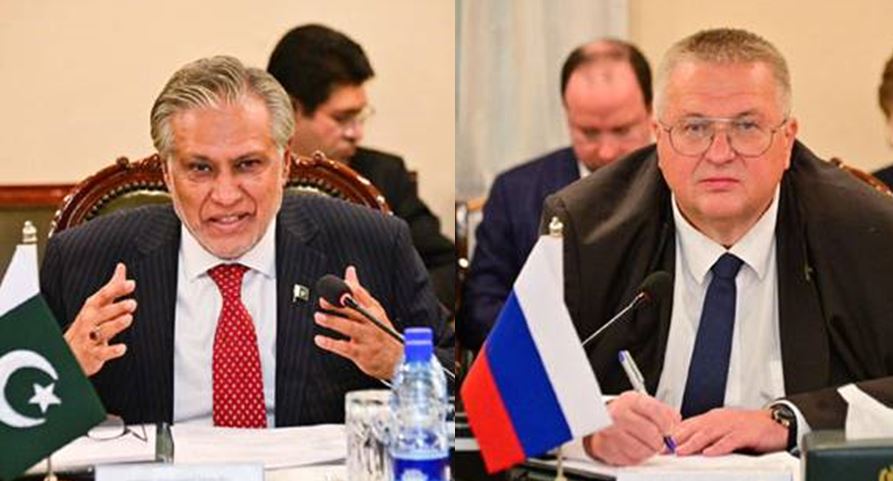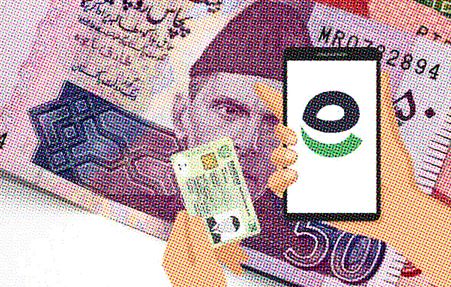ISLAMABAD:
The federal government is studying the K-Electric (KE) privatisation model while considering different options for putting other power distribution companies (DISCOs) on sale.
A committee, constituted by the prime minister, held extensive deliberations at a recent meeting to determine the most suitable model for the power sector, particularly privatisation and concession models. The discussion was aimed at addressing the critical issues and finding the best way forward.
According to sources, the committee acknowledged the pressing need to explore various models for private sector participation and privatisation. The power sector outlook demands a thorough assessment of different approaches to ensure the sustainable and efficient distribution of electricity.
Committee members reached a consensus on conducting studies on multiple models to have a comprehensive understanding of their implications.
One of the pivotal aspects was the analysis of the KE model. The committee agreed on a thorough overview of KE’s success including the examination of reports prepared by research institutions and donor agencies, which could provide valuable insights.
Additional secretary of the Power Division highlighted the reduction in electricity theft post-privatisation of KE, which was appreciated.
Committee chairman expressed the desire to review the existing studies on the success of KE model as well as examine the studies on privatisation conducted by donor agencies. These studies, such as those conducted by the World Bank, could help in drawing comparisons with global standards and practices.
While discussing the broader financial implications, the committee was briefed on the federal government subsidies provided to KE as compared to other DISCOs.
Those subsidies were provided to KE consumers owing to the uniform tariff policy and the high fuel cost for power generation. KE uses expensive re-gasified liquefied natural gas (RLNG) instead of indigenous gas.
The World Bank has recently released its Pakistan Federal Public Expenditure Review, which describes KE as a successful privatisation model and makes recommendations for efficient fiscal management by the government.
In the report, the World Bank outlined the significant improvement in KE’s performance since privatisation. The bank was of the view that the company’s privatisation saved around Rs900 billion for consumers and the government, driven by substantial investments, workforce optimisation and operational efficiencies.
The report pointed out that KE invested around $4.4 billion across its value chain, resulting in improved operational efficiency. Consequently, aggregate technical and commercial (AT&C) losses came down from 43% in 2009 to 21% in 2023 while transmission and distribution (T&D) losses decreased from 35% to 15.3% in the same time period. The bank emphasised that KE had been prioritising digitisation and customer centricity, leading to a transparent billing system, improved customer service and digital connectivity for over 1 million of its 3.5 million customers.
This endorsement by a reputable international organisation adds further credibility to the KE model for future privatisation efforts.
As Pakistan moves towards the Competitive Trading Bilateral Contract Market (CTBCM), there are several key lessons to learn from countries like Turkiye and the Philippines, which have fully deregulated their power markets.
These examples point to the importance of establishing equitable terms and conditions for investors, maintaining regulatory consistency and ensuring policy stability to foster a competitive and efficient power sector.
Furthermore, the committee emphasised the necessity of analysing the impact of a 10-year investment plan on distribution margins and revenues of Hyderabad Electric Supply Company (Hesco).
This analysis will provide a concrete understanding of how long-term investment could influence the financial health and operational efficiency of Hesco, especially if the proposed concession model is adopted.
During the meeting, the minister for energy voiced concern over the caretaker cabinet’s decision on the concession model because it lacked proper technical, legal and commercial due diligence.
Published in The Express Tribune, May 18th, 2024.
Like Business on Facebook, follow @TribuneBiz on Twitter to stay informed and join in the conversation.
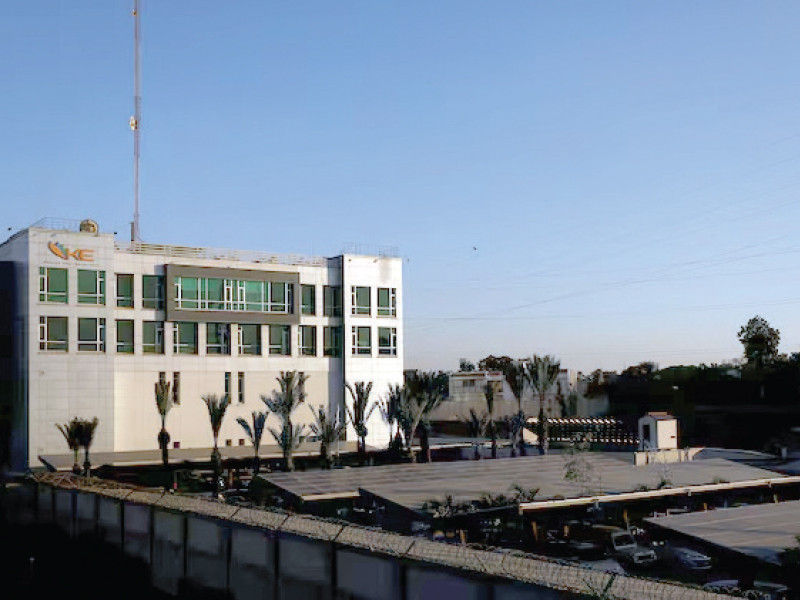

 Technology6 مہینے ago
Technology6 مہینے ago
 Pakistan7 مہینے ago
Pakistan7 مہینے ago
 Sports6 مہینے ago
Sports6 مہینے ago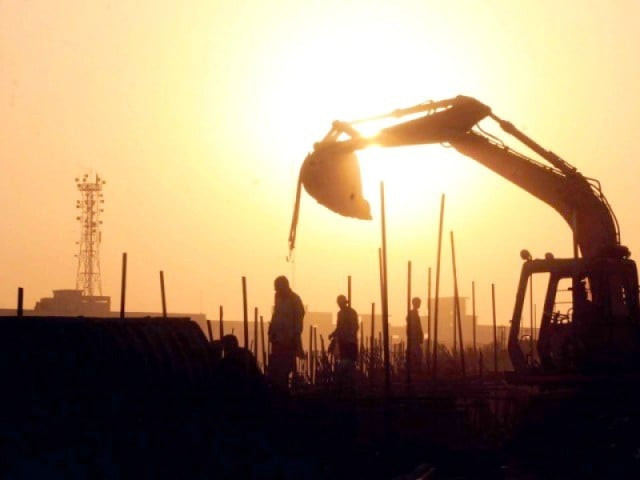
 Pakistan6 مہینے ago
Pakistan6 مہینے ago
 Entertainment6 مہینے ago
Entertainment6 مہینے ago
 Pakistan6 مہینے ago
Pakistan6 مہینے ago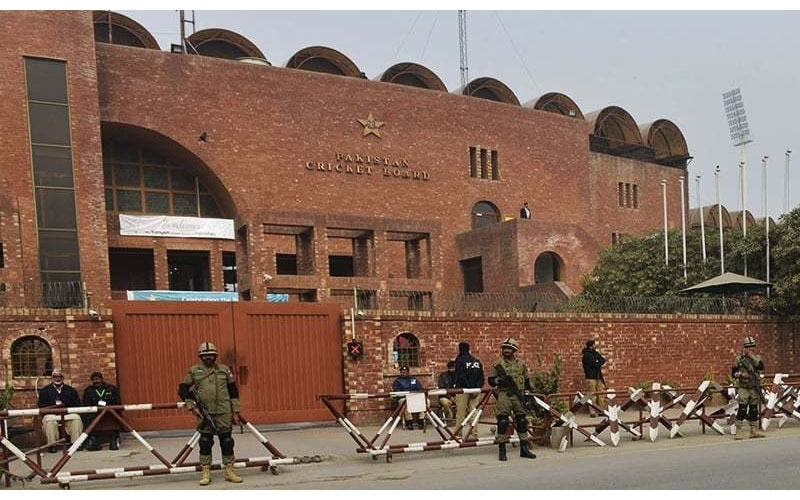
 Sports5 مہینے ago
Sports5 مہینے ago
 Pakistan6 مہینے ago
Pakistan6 مہینے ago
